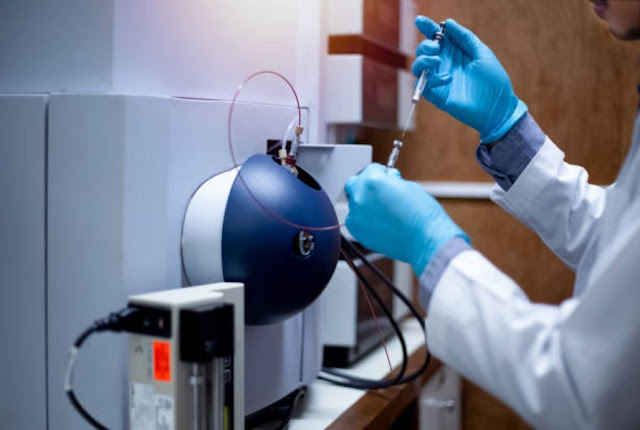HYDRO COLON THERAPY – WHAT YOU NEED TO KNOW?

Hydro colon therapy, also known as colon hydrotherapy or colonic irrigation, is a therapeutic procedure that involves flushing out the colon with water. It is a form of alternative medicine that aims to cleanse the colon and remove toxins and waste material from the body. While hydro colon therapy has gained popularity in recent years, it is important to understand what it entails, its potential benefits, and any associated risks before considering this treatment option.
The procedure of hydro colon therapy typically involves the
use of a specialized device that introduces water into the colon through a tube
interleaved into the rectum. The water is gently pumped into the colon, and
then waste material and water are expelled through another tube. The process is
usually performed by a trained professional in a clinic or spa-like setting.
Proponents of hydro colon therapy claim that it offers a range of potential benefits. They argue that the procedure can help remove built-up fecal matter, toxins, and parasites from the colon, which, they believe, can improve digestion, promote detoxification, boost energy levels, and enhance overall well-being. Some proponents also claim that hydro colon therapy can aid in weight loss and improve skin conditions.
However, it is important to note that the scientific
evidence supporting these claims is limited. While some individuals may report
experiencing temporary relief from symptoms such as bloating and constipation
after undergoing hydro colon therapy, these effects may be attributed to the
mechanical action of water rather than any inherent detoxification properties.
The human body has its own natural processes for eliminating waste and toxins,
primarily through the liver, kidneys, and gastrointestinal system. These organs
are highly efficient at carrying out their functions, and there is no
scientific evidence to suggest that hydro colon therapy is necessary to enhance
their performance.
Furthermore, hydro colon therapy carries certain risks and
potential side effects. The procedure involves the introduction of water into
the colon, which can disrupt the natural balance of bacteria in the gut. This
can potentially lead to imbalances in the gut microbiota, which play a crucial
role in digestion, immunity, and overall health. There is also a risk of bowel
perforation or damage to the rectum if the procedure is not performed correctly
or if the equipment used is not sterile.
Additionally, some people may experience discomfort,
cramping, or bloating during or after the procedure. In rare cases, allergic
reactions to the water or other substances used during the therapy can occur.
Individuals with certain medical conditions, such as inflammatory bowel
disease, diverticulitis, severe hemorrhoids, or recent colon surgery, should
avoid hydro colon therapy as it may exacerbate their condition or lead to
complications.
It is crucial to consult with a healthcare qualified before
undergoing hydro colon therapy or any other alternative treatment. They can
provide adapted advice based on your individual health status and guide you in
making informed decisions.
If you are interested in promoting a healthy colon, there
are several natural and evidence-based approaches that can support digestive
health. These include consuming a balanced diet rich in fiber, staying
hydrated, exercising regularly, managing stress levels, and maintaining a
healthy weight. These lifestyle choices can contribute to optimal colon
function and overall well-being.
Conclusion
Hydro colon therapy is a procedure that involves flushing out the colon with water. While some individuals claim benefits from this therapy, the scientific evidence supporting these claims is limited. The body has its own natural processes for eliminating waste and toxins, and there is no scientific evidence to suggest that hydro colon therapy is necessary or beneficial for detoxification. The procedure carries certain risks and potential side effects, and it is important to consult with a healthcare professional before considering this treatment. Taking steps to maintain a healthy lifestyle and supporting digestive health through proper nutrition and lifestyle choices can contribute to a healthy colon without the need for invasive procedures.


